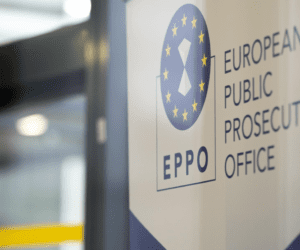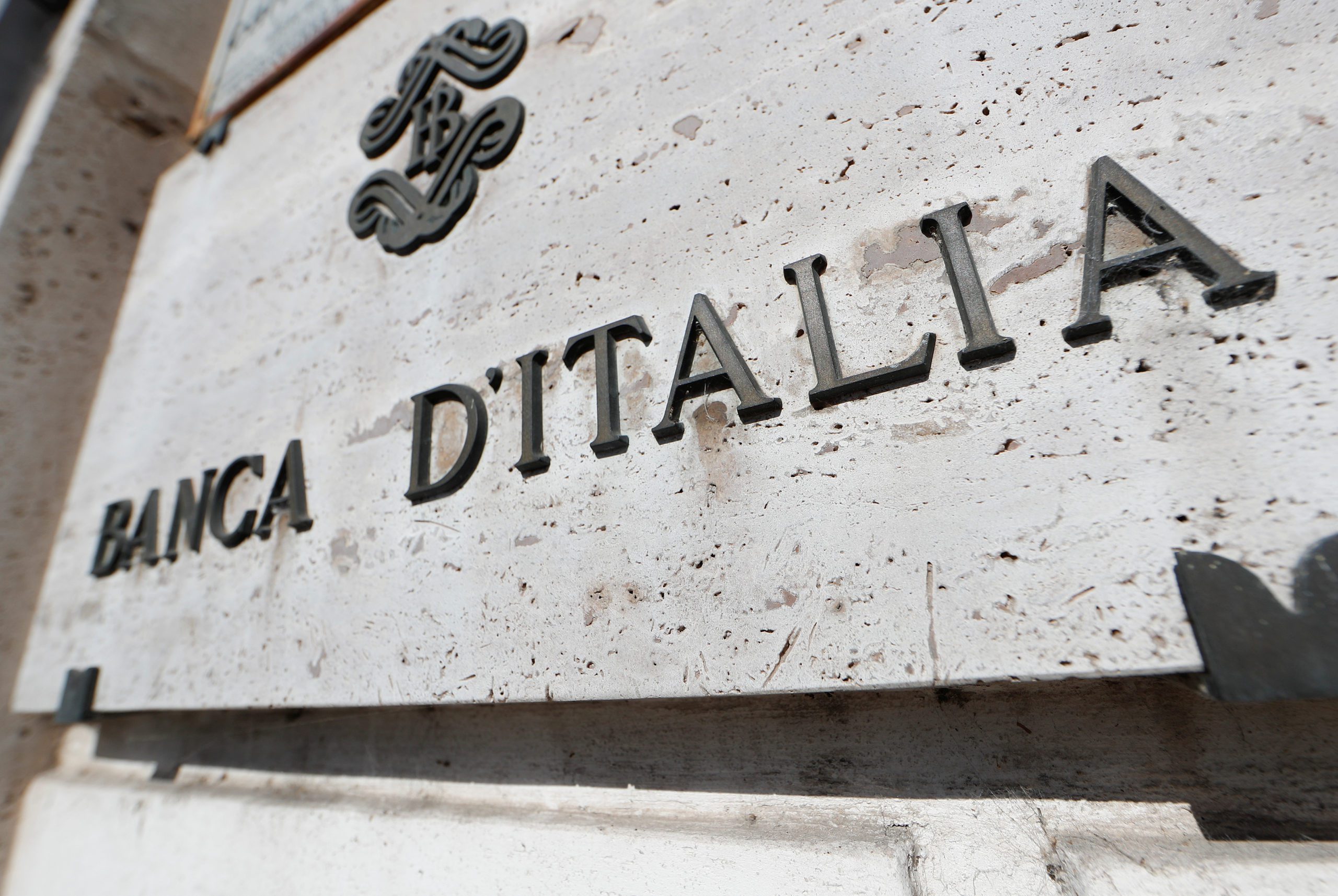By Stephen Rae for AMLi
THE BIGGEST ever shake up in European financial crime regulations is set to see the creation of a standalone AML Supervisor.
EU oversight of money laundering and terrorist financing is likely to move away from the European Banking Authority (EBA) to the new independent Supervisor, AML Intelligence has learned.
The new agency looks set to be funded by a levy on the financial institutions and other organisations who use it services, informed sources in Brussels told AMLi. .
The changes are due to be announced over the next few weeks by the European Commission which has been working on adoption plans for its AML/CFT Action Plan published last May.
Financial Services Commissioner Mairead McGuinness and her officials are working on the adoption plans which will see a new Supervisor lead Europe’s fight against terrorist financing and money laundering – across all financial sectors and obliged entities.
Much of the clamour for change has been coming from the European Parliament where many influential MEPs have argued the EBA, based in Paris, is unable to oversee non-banking financial crime. The MEPs and national governments have argued the EBA does not have the capacity to be the so-called Single Supervisor to tackle money laundering activity outside of banking.
As a result the new supervising authority will oversee obliged entities such as:
- Banks
- Non-Banking financial transactions
- Insurance
- Securities
- Estate Agents
Informed sources at the European Parliament also indicated how MEPs have become distrustful of the French based EBA. “In Members States, in Parliament and indeed in the Commission there is a view that European Single Authorities such as the EBA have become too powerful and resistant to change. There is a degree to which France [where the EBA is based] will want the Supervisor to remain in the EBA but the rest of the Member States are less happy that it would retain the AML role,” a senior Brussels insider told AML Intelligence.
“It is safe to say, ‘who is getting the Supervisor role’ has been the hot topic in Euroland over the last few weeks. It is clear that there is huge resistance from Member States, Parliament and other institutions to it going to the EBA,” a well informed source in Brussels said.
Pillar 3 of the Action Plan published last May outlined the need for radical reform and the establishment of the Single Supervisor.
The need was clearly identified by the Commission in the Action Plan: “There is a clear and evidenced need to have in place an integrated AML/CFT supervisory system at EU level that ensures consistent high-quality application of the AML/CFT rulebook throughout the EU and promotes efficient cooperation between all relevant competent authorities.”
Over the last few months the Commission has been seeking views on different options for direct supervision, including entrusting either EBA or a new dedicated body with direct AML/CFT supervisory tasks over certain designated entities for which it could have exclusive or direct responsibility.
The EU AML Supervisor will have the ability to review internal policies, procedures and controls as well as their effective implementation by supervised entities, along with reviewing documentation on transactions and customers.
A major piece of work for the Supervisor will be lifting the workload off Member State FIUs and will help co-ordinate their work.
“A lot of obliged entities do not know what to report and tend to throw all sorts of irrelevant out to the FIUs. The FIUs cannot process the sheer volume of information and are getting hundreds of SARs a day,” said a Brussels official.
“This will have to change to allow the FIUs get less but more relevant information from the obliged entities, allowing them operate more effectively and efficiently,” said the source.
It is now clear that the EBA is unlikely to get the AML Supervisor role and it will go to a new authority which will be charged with:
- Co-ordinating the work of FIUs across the EU
- Introducing new rules which will make SARs more relevant
- Directing obliged entities to share less but better information
- Directing what information to share and when to share it
The second major change outlined in the Commission’s AML/CFT Action Plan is the so-called Single Rulebook. This will transpose certain parts of the EU’s AML directives into an EU Regulation to limit divergences in the interpretation and application of the relevant rules in Member States.
The Single Rulebook will include the provisions laying down the lists of designated persons, customer due diligence requirements, internal controls, reporting obligations, as well as the provisions on beneficial ownership registers and central bank account mechanisms.
Other measures that may be included are a €10,000 ceiling for cash payments, as revealed by AML Intelligence on Friday last. This proposal, leaked in Austrian and French media, was outlined in a confidential discussion document sent to national governments the previous Friday.
We understand that further measures may include:
- a more harmonised approach to the identification of politically exposed persons (PEPs);
- expanding the scope of sectors or entities covered by AML/CFT rules;
- facilitating the use of digital identification for remote customer identification and verification as well as to establish business relationships remotely;
- facilitating administrative freezing for FIUs and requiring financial institutions to follow up and execute recall requests;
- mitigating risks arising from investor citizenship and residency schemes; and
- applying stricter AML/CFT conditions to fit and proper tests and ensuring that prudential supervisors have concrete obligations to share information with their AML/CFT counterparts.











